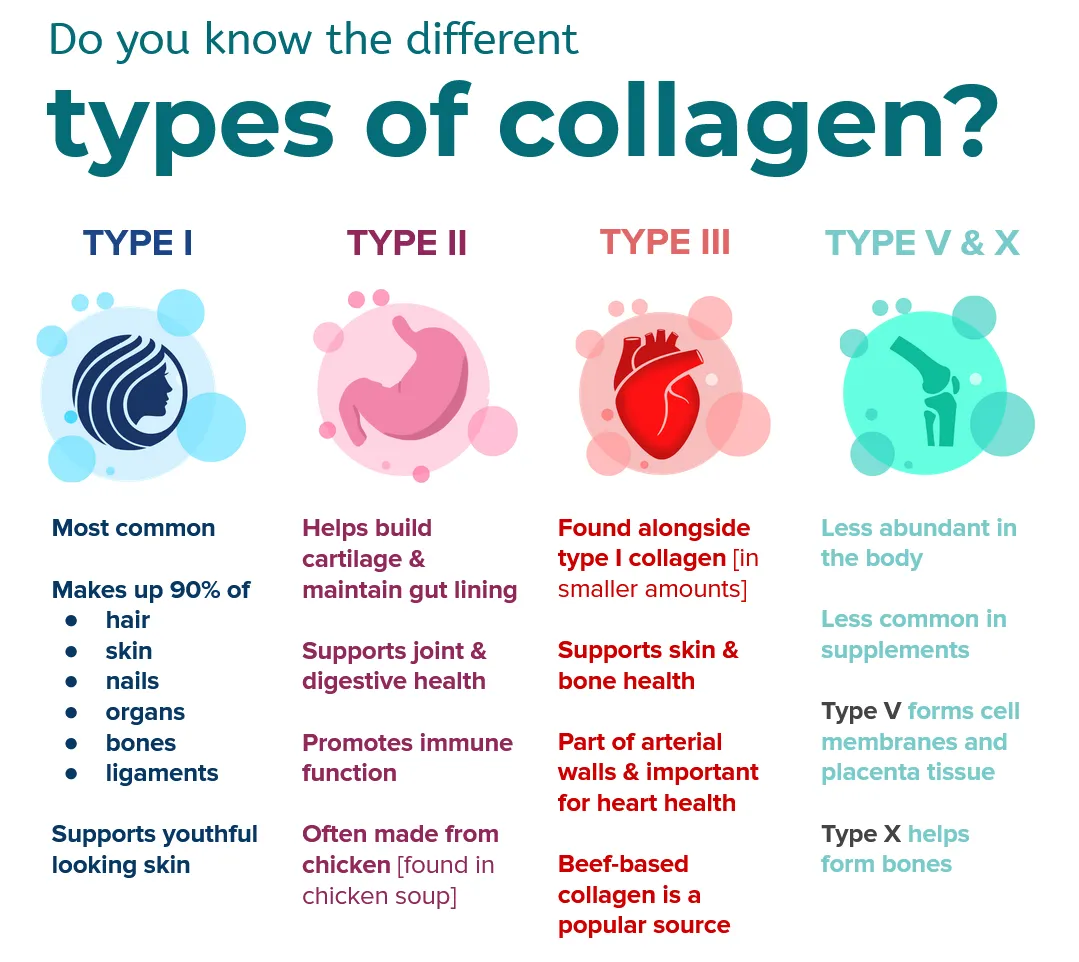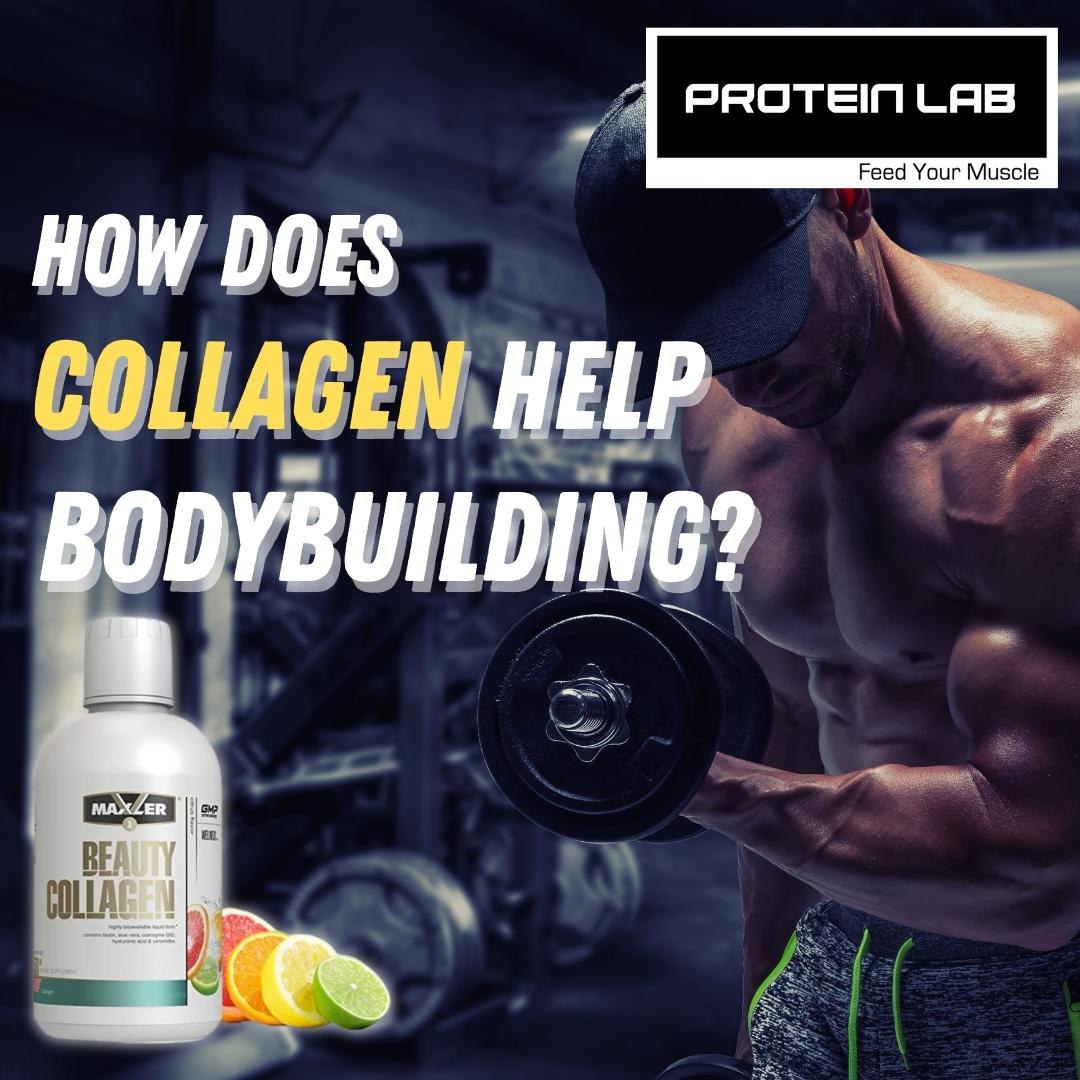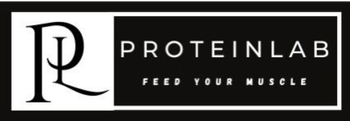
I am sure you’ve heard a lot of collagen supplements. Most of them referred to have better skin with glowing face, better nails, or even strong hair. Well, do you know that collagen is a protein, and the benefits to your workouts and recovery are not something to overlook? What collagen can do maybe subtler but will definitely be a great assistance, even if it’s just to your overall health. At the end of the day, better health drives our training to be better, our performance to be top-notch and the results we want to happen every time.

Collagen is the main structural protein in the extracellular matrix found in the body’s various connective tissues. Collagen is the most abundant in the body. As one of the major building blocks of bones, skin, muscles, tendons, and ligaments, collagen is vital for your overall physical health and performance, especially for athletes who constantly put their bodies through repeated wear and tear.
There are at least 16 types of collagen. However, the most common types of collagen include Type I, II, and III.
Let’s us breakdown these types of collagen in more detail:

TYPE I COLLAGEN
Type I collagen is the most prevalent type of collagen in the body. This is the type of collagen in preserving the levels of collagen in your skin, hair, or nails. To be specific about it, it begins to decline after about age 25 because it is so prevalent in the connective tissues, we often see the decrease of type I collagen resulting such as sagging skin, fine lines, brittle nails, and thinning hair. Furthermore, type I collagen isn’t just a beauty-related substance, it is also a major component of the tendons, organs, and bones in our body.
TYPE II COLLAGEN
Type II collagen is extremely important. It is the main component of cartilage and is healthy for the skeletal system. Active people who need to rely on their joints may also benefit from adding type II collagen into their diet. It also supports digestive health too. It does promote immune function to become better.
TYPE III COLLAGEN
Type III collagen is also found in vital proteins’ lines of collagen products. It is generally found in reticular fibers such as in the bone marrow. It is usually found alongside Type I collagen in the body.
Collagen Types I and III are the most commonly occurring collagen types within our bodies. They promote hair, skin, nail, and bone health. They also increase skin elasticity, minimizing wrinkles, thus giving you a healthy youthful glow! Also, these two types stimulate the production of amino acids, in particular, called Glycine. Glycine is the amino acid responsible for building muscles and burning fat too.
The important factor you must know is that there are 3 main types of amino acids in collagen.
Glycine
Proline
Hydroxyproline
Here are more details about these 3 main types of amino acids:
Glycine is a compound that your body uses to create protein. While your body does naturally produce glycine, it is also available through protein-rich food such as meats, poultry, fish, eggs, dairy, beans, cereals, and pasta. Glycine also can be found as a dietary supplement in capsule form or as a powder that can be added to various dishes. You also can find glycine in collagen supplements, where it is the primary amino acid. This method actually can help you absorb glycine. When glycine is bound to other amino acids such as collagen, it has to compete for absorption less.
Proline is compound to a building block for protein. The body can make proline on its own, but it is also consumed in the diet. A typical diet contains about 5 grams of proline daily. The primary sources are protein-rich foods including meat, fish, and dairy. Proline can also be taken as a supplement. The body uses proline to make proteins, such as collagen. Collagen is found in the skin, bones, and joints. Proline is also involved in the general function of cells.
Hydroxyproline is a major component of the protein collagen. Hydroxyproline and Proline play key roles in collagen stability. It helps provide stability to the triple-helical structure of collagen by forming hydrogen bonds. Hydroxyproline is found in a few proteins other than collagen.

To lose weight or want to form big muscles, weight training is very important. It gives you muscles strength and helps you in burning body fat. Collagen helps in building muscles and thus helps those who are undergoing weight training. Let’s dig deeper to find out the actual facts.
1) Collagen helps in muscle repairing and restoration: When your workout for longer durations, your muscles lose protein because of oxidation, muscle microlesions, and inflammatory reactions. So, the protein synthesis reduces and increases quickly post-workout for an extended time period. Consuming a high-protein diet after a workout helps to restore the lost proteins in muscles by increasing muscle anabolism. Collagen has a great amino acid content and thus, it qualifies for muscle repairing and recovery.
2) Collagen helps in speeding up recovery time: Regeneration of muscle fibers along with the generation of connective scar tissue are the two main factors that heal the torn and ruptured muscles. For these two factors to happen, collagen formation is very important. During the first week of the healing of muscle tear, Type III collagen synthesis was at its highest. It is in connection with the development of flexibility of the connective tissue. As when the healing process went further, Type I collagen started forming and it is linked to enhanced strength of the newly formed muscle fibers and connective tissues.
3) Collagen helps in preventing injuries by providing strength to joints, bones, and ligaments: When you perform weighted movements like lifting heavy weights, the pressure is generated on your joints. This might cause injuries. So, we need strong bones and joints to avoid injuries.
4) Collagen helps in reducing joint pains that are connected to sports-related injuries: Getting involved in weightlifting, doing heavy-duty weight exercises, etc., or being involved in various sports or an intense workout can lead to joint pain. Collagen helps in reducing joint pain arising due to exercises or other intense physical activities. Collagen supplements help in enhancing joint functions and improve flexibility while working out.
5) Collagen helps in enhancing natural creatine production: When you’re doing the heavy lifting in the gym, your muscles lookup to a fast and instantly available source of energy, which is available in form of ATP (Adenosine Triphosphate). It is a chemical substance that requires creatine to be present in order to exist. To generate creatine, you require glycine, methionine, and arginine. These three are amino acids out of which collagen contains arginine and glycine in a huge amount. That is why collagen can have a positive impact on creatine and eventually ATP production. The higher the ATP levels, the more will be your muscle energy and you will see a difference in your workout capacity at the gym.
6) Collagen helps in enriching muscles with nutrients: Arginine present in collagen helps in enhancing blood flow in the body. It aids in relaxing and broadening the blood vessels. When the blood vessels increase in size, your muscles get more amount of oxygen and other essential nutrients. So, collagen helps in muscle recovery. For weight training individuals, it is extremely helpful as it helps muscle recovery after an injury or overexertion. It also relaxes the tired muscles you get after heavy workouts.
So, we are recommended that you should keep working out and build the body goal that you want. At the same time, don’t forget to eat healthy and workout along with consuming supplements like collagen. To have huge muscles is always a result of diet, exercise and supplements combined. Try our most recommended collagen - Maxler Beauty Collagen.
